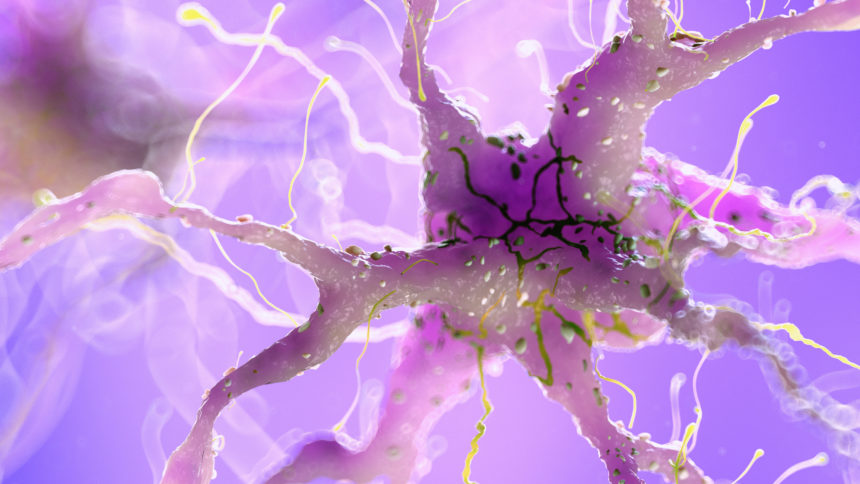
Subtle changes in learning and memory may occur well before the signs of Alzheimer’s appear in brain scans, according to the results of a new study.
Amyloid plaques, a telltale sign of Alzheimer’s, accumulated faster in the brains of participants who showed these subtle cognitive difficulties than in those who had normal cognitive test results, reported Kelsey Thomas, Ph.D., of the University of California San Diego.
In addition, brain scans showed that these participants had faster atrophy in the brain’s entorhinal cortex — one of the earliest regions affected by Alzheimer’s-associated neurofibrillary tangles, Thomas and colleagues noted.
The researchers followed more than 700 adults with an average age of 72. Participants underwent brain scans and took part in noninvasive neuropsychological tests of learning, memory and other functions of brain health.
The ability to identify people at risk for Alzheimer’s before or during early amyloid accumulation could provide a window of opportunity for preventive treatment, the researchers wrote.
The study was published in the December 2019 issue of Neurology.



